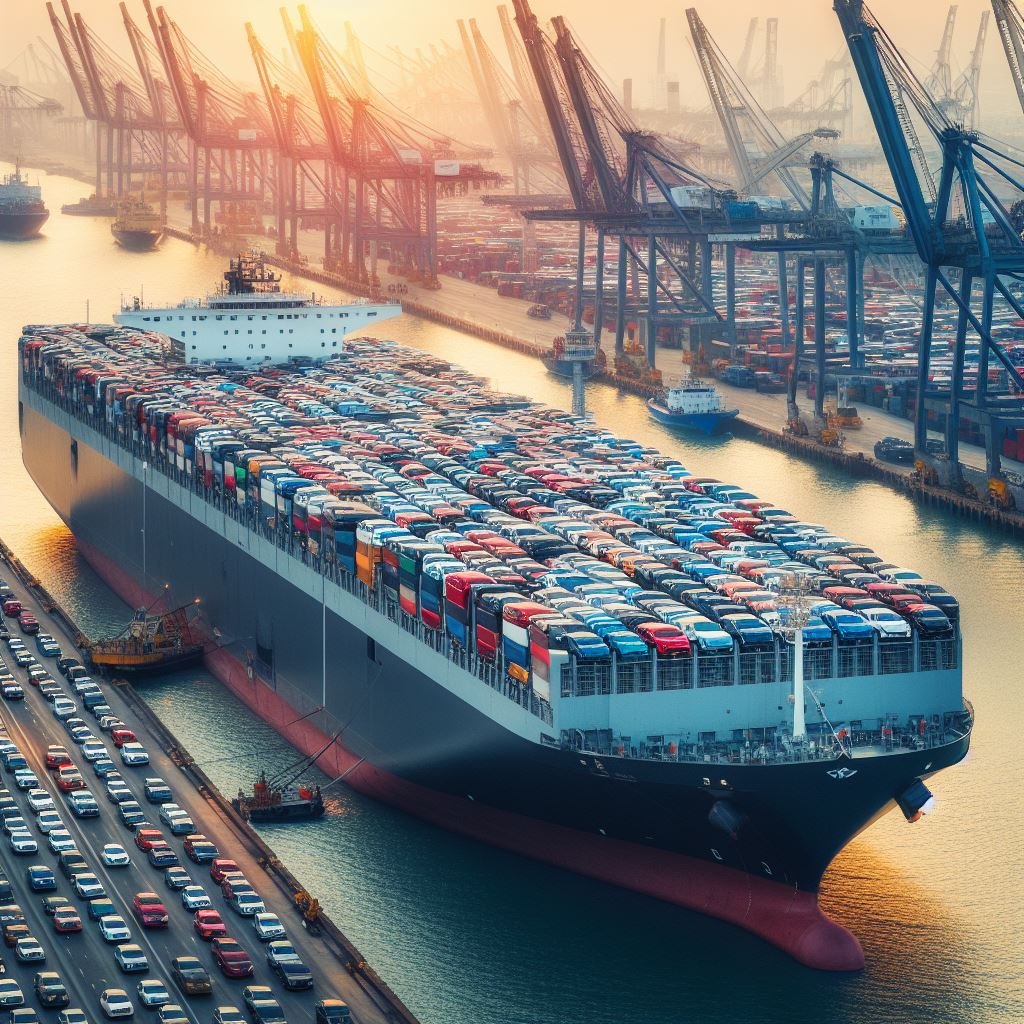For years, the American economy has outperformed the Eurozone’s. Economists and politicians disagree on how to weight the smorgasbord of factors contributing to the delta between the developed world’s two largest economies, but few argue that the United States doesn’t enjoy significant structural advantages.
On the other hand, what happens in Europe no longer remains confined to Europe — not in an era of nearly unfettered transatlantic trade. That’s why growing signs of a serious slowdown across the pond — and perhaps worse — have so many American business leaders concerned.
With the gaping caveat that predicting the future is difficult and predicting recessions doubly so, it’s high time for American consumers to bone up on looming threats to the European economy this fall. Their menace could well come for North America next.
1. Economic Deterioration Is Happening Faster Than Analysts Expected
Back in February, in a piece that called Europe a “weak link” for the global economy, Bloomberg quoted a seasoned European market observer thusly: “[I]n Europe, things are deteriorating quite fast.”
That stark warning underscored a little-covered reality: That Europe’s economic deterioration is happening faster than the “smart money” expected. It’s never a good thing when the smart money is surprised to the downside.
2. Brexit Looms Over Everything
As the prospect of a no-deal Brexit becomes likelier by the day, European policymakers worry that all the stimulus in the world won’t make up for a chaotic U.K. exit. With no free trade agreement in place with its erstwhile currency union, the U.K.’s economy could turn south, dragging Continental growth with it.
3. China’s Slowing Economy Could Bode Ill for European Trading Partners
China’s economy appears to be slowing at precisely the wrong time for its European trading partners. As Chinese consumers buy fewer European luxury goods — think high-end cars, wines, spirits, watches — those industries could suffer.
4. The Sovereign Debt Crisis Never Really Went Away
The Greek debt crisis captivated the world’s attention — and nearly plunged the planet into recession — back in the early 2010s. Things look better now, but only just; Europe’s policymakers still haven’t fully grappled with the conditions that led to the crisis. Should the economy weaken further, they may wish they had.
5. What’s Good for America Might Not Be Good for Europe
American metals producers were cheered by the Trump administration’s 2018 decision to impose tariffs on imported steel and aluminum, and many remain supportive of the administration’s efforts. But what’s good for American producers isn’t necessarily good for European producers — particularly those affected by the tariffs.
Still Room for Optimism
This isn’t the first age in which bad news has dominated the media cycle. For better or worse, depressing news sells, and it’s been thus since the dawn of modern media.
Still, it’s easy enough to feel down after a spin through the morning news or a lunchtime scan of the headlines — especially on days when the stock markets are in tailspin.
That’s why it’s so important to keep things in perspective. Eventually, a European recession is inevitable; the question is when it comes, not if. Zooming out a bit and taking the long view — knowing that this, too, shall pass — is the surest cure for defeatism.



